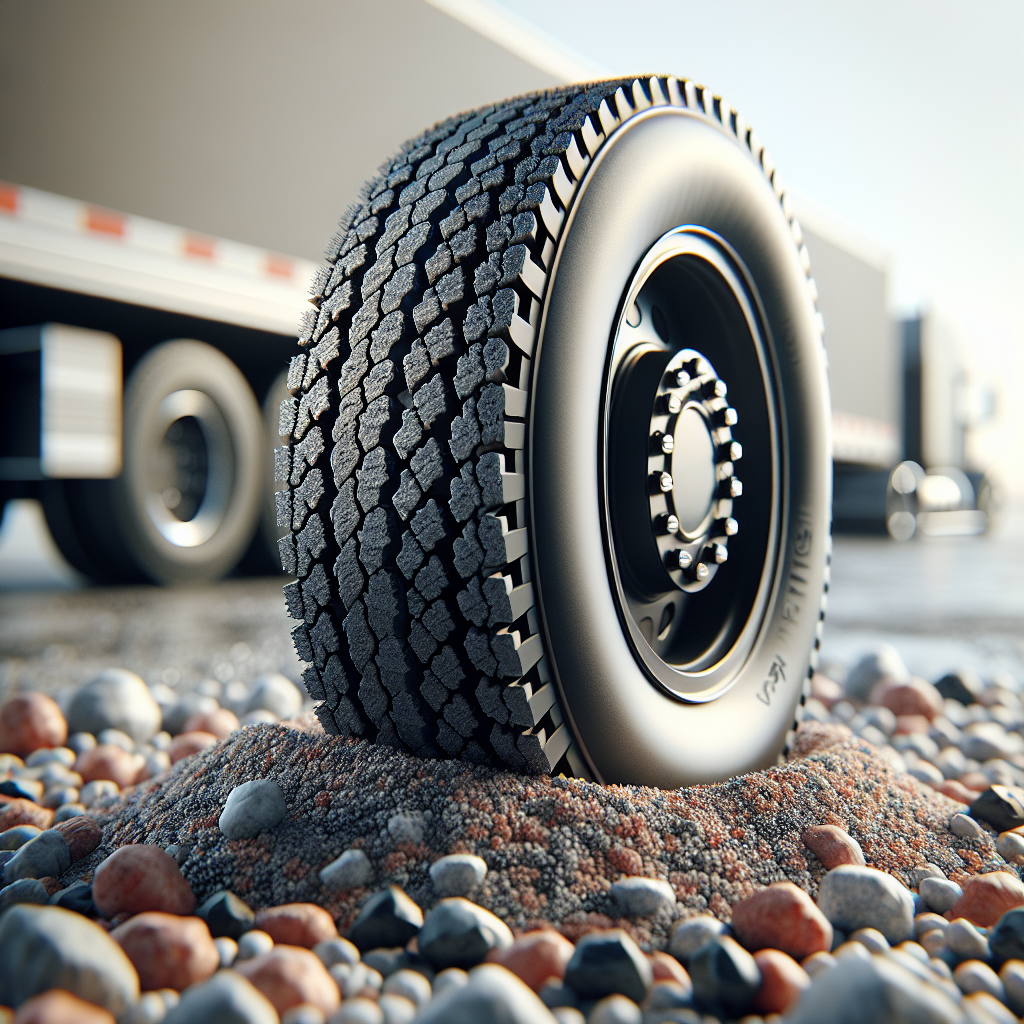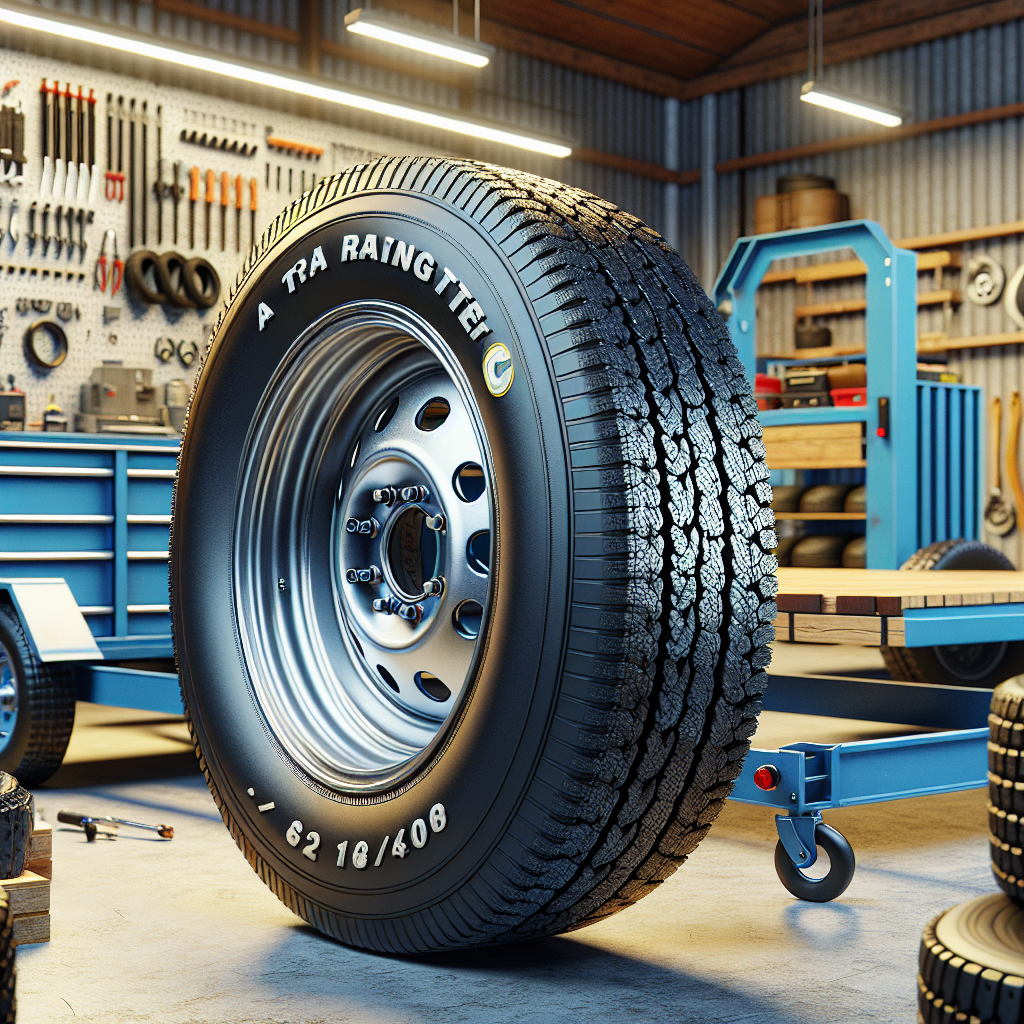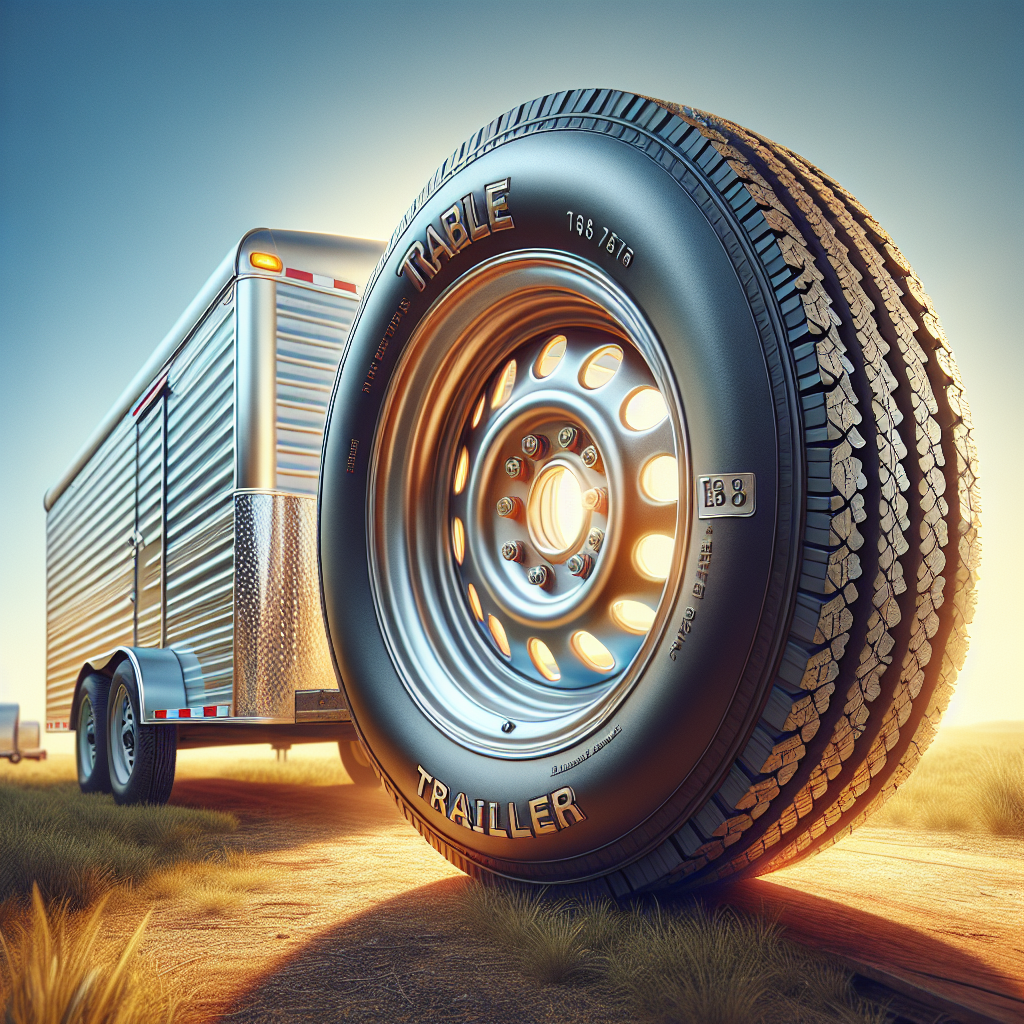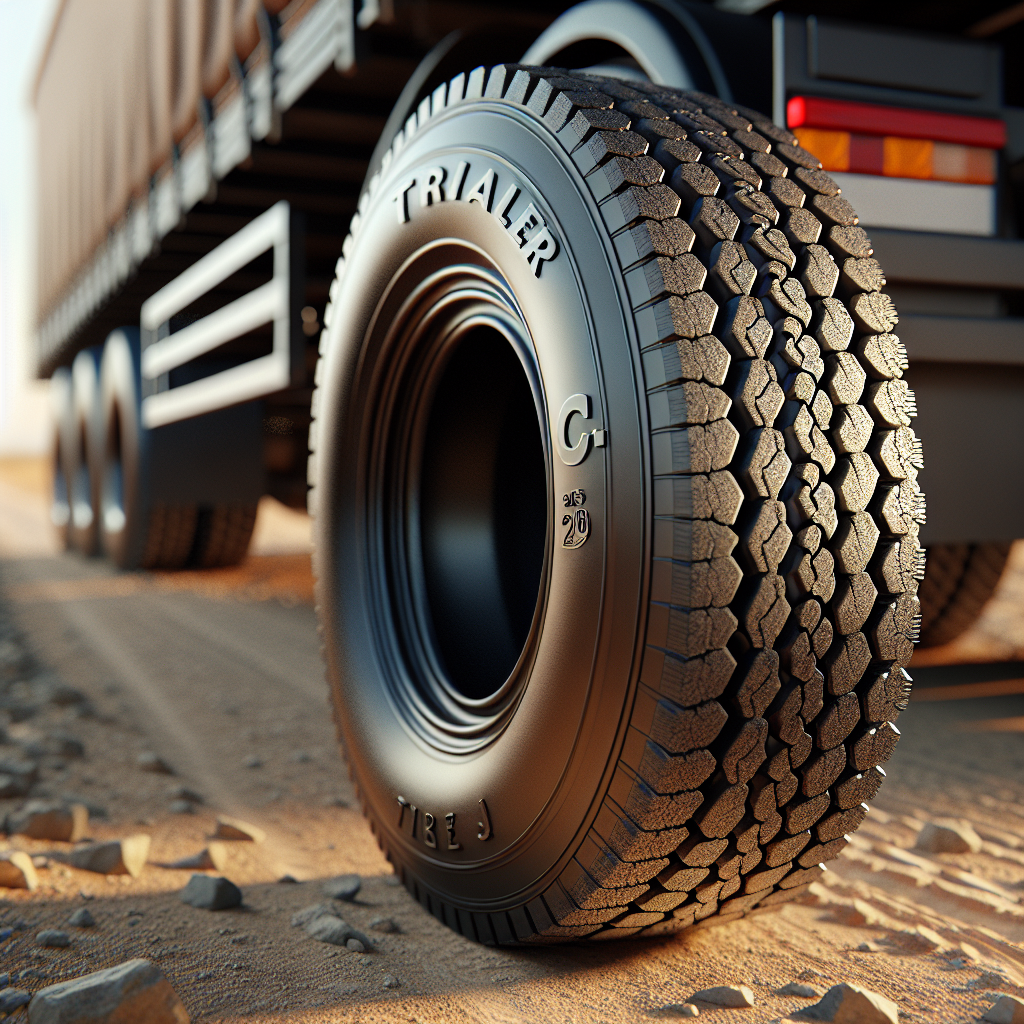When it comes to ensuring optimal safety and performance for your trailer, understanding the C trailer tire rating is crucial. This rating system helps trailer owners select the appropriate tires that can handle the load and conditions under which they will be used. A C rating indicates that the tire is designed for light-duty trailers, making it an ideal choice for various applications, from recreational vehicles to utility trailers.
Each tire's rating reflects its load capacity, which is vital for maintaining stability and preventing tire blowouts. For instance, a C-rated tire typically has a load capacity of around 1,800 pounds per tire, making it suitable for trailers that carry moderate weights. Knowing this allows you to make informed decisions when selecting tires that will not only fit your trailer but also keep it safe on the road.
Moreover, understanding tire ratings can significantly reduce the risk of catastrophic failures, which often stem from using tires that aren't rated for the load they carry. With a tire pressure monitoring system, like the one offered by TrailerWatchdog, you can keep track of your tire condition and ensure that you are always within safe operating limits.
Tow with peace of mind, knowing that TrailerWatchdog is standing guard.
Understanding the Importance of Trailer Tires

Trailer tires play a fundamental role in the overall safety and performance of your towing setup. Unlike passenger vehicle tires, trailer tires are specifically engineered to handle unique demands, including varying weight loads and specific road conditions. Their design focuses on providing stability, ensuring that the trailer remains secure while in motion.
One of the most critical aspects of trailer tires is their load capacity. Each tire is rated to support a certain weight, and exceeding this limit can lead to tire failure, which could result in accidents or damage. Understanding the C trailer tire rating helps you choose the right tires that match your trailer's requirements, reinforcing the safety of your journey.
Additionally, tire tread and pressure play a significant role in traction and handling. Properly inflated tires ensure even weight distribution and improve fuel efficiency, while tread patterns affect grip on different surfaces. For trailers that travel long distances or on rough terrains, selecting tires with appropriate tread designs guarantees better performance and reduces the risk of skidding or losing control.
Lastly, regularly checking the condition of your tires can help identify issues before they escalate into serious problems. This proactive approach not only extends the life of your tires but also enhances the overall safety of your trailer.
How C Trailer Tire Ratings Are Determined

The C trailer tire rating is a crucial specification that indicates the tire's load capacity and performance characteristics. Understanding how these ratings are determined can help you make informed choices when selecting tires for your trailer.
C trailer tire ratings are primarily based on a combination of factors, including:
- Load Index: This number represents the maximum weight a tire can support when properly inflated. For instance, a C-rated tire typically has a load index ranging from 1,320 to 1,500 pounds.
- Inflation Pressure: Each tire has a recommended inflation pressure that must be adhered to for optimal performance. The C rating indicates that the tire can handle a specific load at a corresponding pressure, ensuring safety during towing.
- Tread Design: The pattern and depth of the tread affect traction and wear. C-rated tires often feature unique tread designs tailored to enhance grip on various surfaces, contributing to overall towing stability.
- Construction Type: Trailer tires are generally constructed with stiffer sidewalls compared to passenger tires, providing better support for heavier loads. This construction is factored into the C rating, ensuring reliability under strenuous conditions.
Manufacturers test tires under controlled conditions to establish their ratings, which are then standardized by organizations such as the Tire and Rim Association (TRA). By adhering to these standards, consumers can trust that their selected tires meet the necessary safety and performance criteria.
Choosing the Right C Trailer Tires

Choosing the right C trailer tires is essential for ensuring safe and efficient towing. With various options available, it’s important to consider several factors that will influence your decision.
Here are key considerations when selecting C trailer tires:
- Load Capacity: Always check the load index of the tires to ensure they can support the weight of your trailer and its cargo. This is crucial for preventing tire blowouts and ensuring stability while on the road.
- Tread Design: The right tread pattern can significantly impact traction. If you frequently travel on rough or uneven surfaces, look for tires with deeper treads and aggressive patterns for better grip.
- Weather Conditions: Consider the typical weather conditions in which you will be towing. If you often drive in wet or slippery conditions, select tires specifically designed for better performance in such environments.
- Durability: Look for tires made from high-quality materials that can withstand wear and tear. Features like reinforced sidewalls can enhance durability, making them suitable for heavy loads.
- Brand Reputation: Research different brands and their track records for performance and safety. Opt for manufacturers known for producing reliable trailer tires.
Additionally, it is advisable to consult with professionals or experienced users to gain insights into the best tire options suited for your specific trailer needs. By taking these factors into account, you can ensure that your trailer is equipped with tires that provide safety, reliability, and peace of mind while towing.
Common Myths About C Trailer Tires
When it comes to C trailer tires, several myths can lead to misconceptions that may affect your safety and performance on the road. Understanding the facts behind these myths is crucial for making informed decisions regarding tire maintenance and selection.
Here are some common myths about C trailer tires:
- Myth 1: All trailer tires are the same. This is far from true. C trailer tires are specifically designed to handle heavier loads and provide better stability compared to passenger tires. Using the wrong type can lead to serious safety issues.
- Myth 2: Tire pressure doesn’t matter. Many believe that as long as the tires look fine, they are safe. In reality, maintaining the correct tire pressure is vital for optimal performance and longevity. Under-inflated tires can cause overheating and blowouts.
- Myth 3: You can mix and match tire brands. Mixing different tire brands and types can lead to uneven wear and compromised handling. It is best to use the same brand and model of tires on all wheel positions for balanced performance.
- Myth 4: Trailer tires don’t need regular maintenance. Some may think that since trailers aren’t used as frequently as cars, they don’t require much attention. However, regular checks for wear, pressure, and tread depth are essential to ensure safety.
- Myth 5: Once a tire wears out, it can be replaced with any tire. This is not advisable. Always replace tires with those that meet the same specifications and ratings to ensure compatibility and safety.
By debunking these myths, trailer owners can make better decisions regarding tire purchases and maintenance, ultimately enhancing the safety and reliability of their towing experience.
Maintaining Your C Trailer Tires for Safety

Proper maintenance of your C trailer tires is essential to ensure safety, performance, and longevity. Neglecting tire care can lead to catastrophic failures and accidents on the road. Here are some critical maintenance tips to keep your tires in optimal condition:
- Regular Pressure Checks: Maintain the correct tire pressure as specified by the manufacturer. Check the pressure at least once a month, using a reliable gauge. Remember, tire pressure can fluctuate with temperature changes, so adjust accordingly.
- Inspect Tread Depth: Examine the tread regularly for signs of wear. Use the penny test—insert a penny into the tread, and if you can see Lincoln’s head, it’s time to replace the tire.
- Look for Cracks or Bulges: Regularly inspect the sidewalls for any cracks, bulges, or punctures that could indicate potential failure. Any visible damage should be addressed immediately.
- Rotate Tires: Just like vehicle tires, rotating your trailer tires can promote even wear and extend their lifespan. It’s recommended to rotate them every 5,000 to 7,000 miles.
- Store Properly: If you’re not using your trailer for an extended period, store it in a cool, dry place, and consider using tire covers to protect them from UV damage.
By implementing these maintenance practices, you can significantly reduce the risk of tire-related issues and ensure a safer towing experience. Tow with peace of mind, knowing that trailerwatchdog is standing guard.

